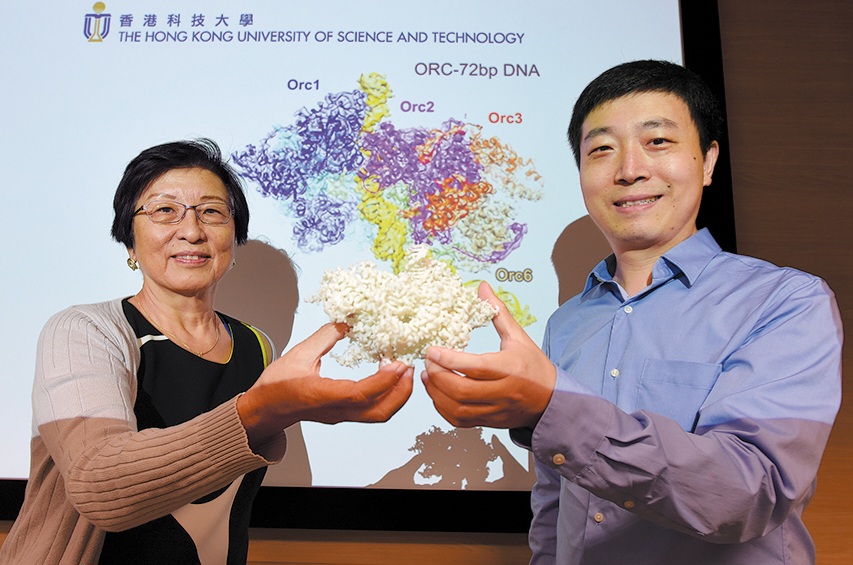Hong Kong, May 12, 2024, The Europe Today: Since the watershed discovery of the double helix structure of DNA by James Watson and Francis Crick in 1953, scientists worldwide have embarked on an unrelenting journey to unlock the mysteries encoded within the genome. For over 70 years, biologists have delved into the intricate mechanisms of DNA, seeking to unravel the secrets of life at its most fundamental level.
Among these relentless seekers of knowledge is Professor Zhai Yuanliang from the School of Biological Sciences at the University of Hong Kong. At the age of 45, Professor Zhai has dedicated nearly half of his life to unraveling the molecular intricacies of DNA replication.
In a groundbreaking achievement, Professor Zhai and his collaborators unveiled a mechanism for the regulation of DNA replication by MCM (minichromosome maintenance) proteins, published in the prestigious scientific journal Cell on January 5 last year. This research was recognized as one of the top 10 scientific advancements in China, with Zhai’s team being the sole Hong Kong-based research entity included on the esteemed list.
However, the path to this momentous breakthrough was paved with decades of perseverance and resilience.
“People generally think that DNA replication is an old field, but this is actually a misconception,” Professor Zhai emphasized.
Historically, the low resolution of scientific instruments presented a barrier to understanding the microscopic structures involved in DNA replication. Despite the landmark discovery of the DNA double helix structure in 1953, crucial aspects of its unwinding and replication remained shrouded in mystery.
Professor Zhai’s journey into the realm of DNA replication began in 2004 during his doctoral studies at the Hong Kong University of Science and Technology. Over the course of two decades, he meticulously observed the replication process, proposed novel structural models, and tirelessly verified his hypotheses.
Despite his unwavering dedication, progress was slow, with his first paper accepted only one month before graduation after six years of doctoral study.
“In scientific research, one must have persistence,” Professor Zhai affirmed.
In the early 2010s, when neuroscience and brain science dominated the forefront of biological research, technological limitations led many to believe that significant breakthroughs in DNA replication were unattainable. However, Professor Zhai remained captivated by the microscopic intricacies of cellular biology, driven by an unwavering passion for discovery.
In 2011, Professor Zhai continued his pursuit of DNA replication during his postdoctoral studies under the mentorship of Bik-Kwoon Tye, a distinguished professor at Cornell University and visiting professor at HKUST.
Professor Zhai’s journey stands as a testament to the power of perseverance and passion in scientific inquiry. His unwavering commitment to unraveling the mysteries of DNA replication has not only yielded groundbreaking insights but also serves as an inspiration to aspiring scientists worldwide.


